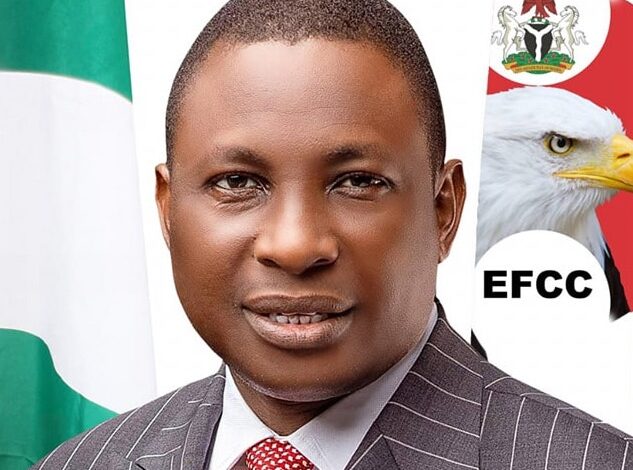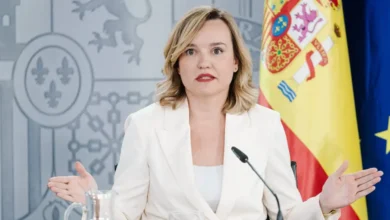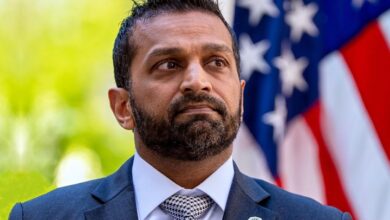The Currency Conundrum: How Nigeria’s EFCC is Undermining Nigerian Economy

I wonder how many Nigerians have noticed the extravagant amounts of money—huge sums—being sprayed as gifts during high-profile events like Davido and Chioma’s wedding and Obi Cubana’s birthday celebration. Estimates suggest that over $5 million was sprayed in various currencies during these two events alone, but the Naira currency was not among the currencies sprayed. When considering all the festivities and parties across Nigeria in the past year, the total could easily exceed $100 million. However, one must ask: why is the Naira not used as cash gifts during these parties when other currencies are so readily embraced?
The answer lies in the corruption and inefficiency of the Economic and Financial Crimes Commission (EFCC). Before delving into the shortcomings of the EFCC, it’s essential to understand the economic implications of this issue.
Gift exchange is a cornerstone of cultural practices across nearly all African communities, whether during naming ceremonies, childbirth, funerals, coronations, or weddings. This tradition of celebrating each other is deeply rooted in social norms. As money became a primary medium of value and exchange, it naturally evolved into the most universal gift item for Africans—a practice sustained for generations.

However, the establishment of the EFCC in Nigeria, which was initiated by former President Obasanjo, to combat corruption has ironically turned into one of the most significant instruments of corruption itself. Beneath the guise of fighting corruption, the EFCC has perpetuated corruption, bigotry and religious extremism. This agency, initially intended to address economic crimes, has transformed into a morality police force that disproportionately targets certain behaviors often associated with specific ethnic groups or religions.
An example of this moral policing occurred when the EFCC targeted a cross-dresser, Bobrisky, for his appearance and lifestyle choices, which contradicted the biases held by some EFCC officials. To punish him, the EFCC invoked an inappropriate section of the Central Bank Act, accusing him of mishandling currency. This led to an incompetent judge sentencing Bobrisky to prison—all based on misguided intentions. The EFCC’s leaders seem either oblivious to or indifferent about the broader implications of imprisoning individuals for such flimsy reasons.
The consequences of Bobrisky’s imprisonment for using Naira as gifts have profound implications for Nigerian society. Now, anyone looking to partake in traditional gifting must resort to purchasing foreign currencies. Imagine an elderly aunt wanting to gift her nieces at a wedding; she would have to exchange her Naira for dollars to do so. This shift creates an artificial demand for foreign currencies, further depreciating the Naira. This singular action undermines the Nigerian economy more significantly than one might realize, aside from the rampant corruption already at play.
The estimated $100 million that Nigerians have sprayed during festive occasions would likely have circulated in local currency. But due to the unwise leadership of the EFCC, it’s now predominantly in dollars. The Nigerian elite now prefer to handle dollars rather than Naira, fearing the repercussions of the EFCC’s unpredictable law enforcement.
What rationale justifies imprisoning someone for spraying Naira while allowing the free spraying of dollars and pounds sterling? How is it acceptable for individuals to exchange their Naira for dollars, only to spray it afterward? There’s no precedent anywhere in the world for law enforcement agencies acting as the EFCC did in Bobrisky’s case. Once you look closely, it becomes evident that the EFCC represents one of the gravest challenges facing Nigeria today. The Bobrisky incident and its aftermath are merely a small part of a much larger dilemma.
Written By Eculaw Media





